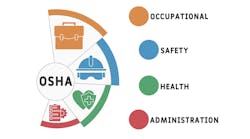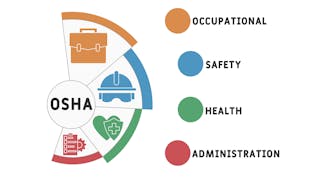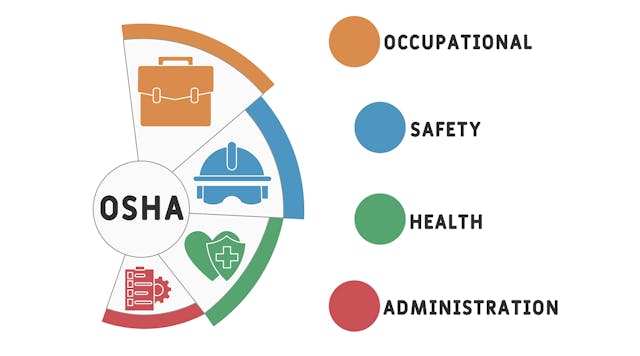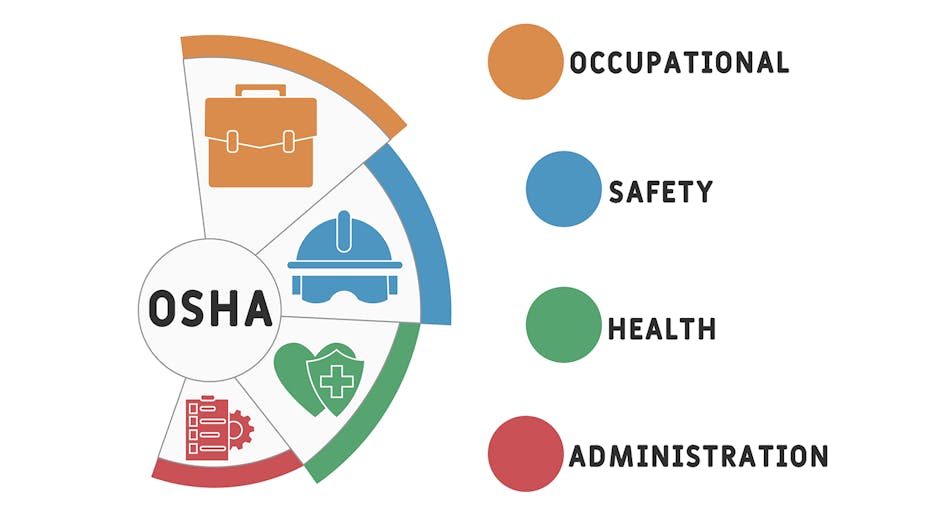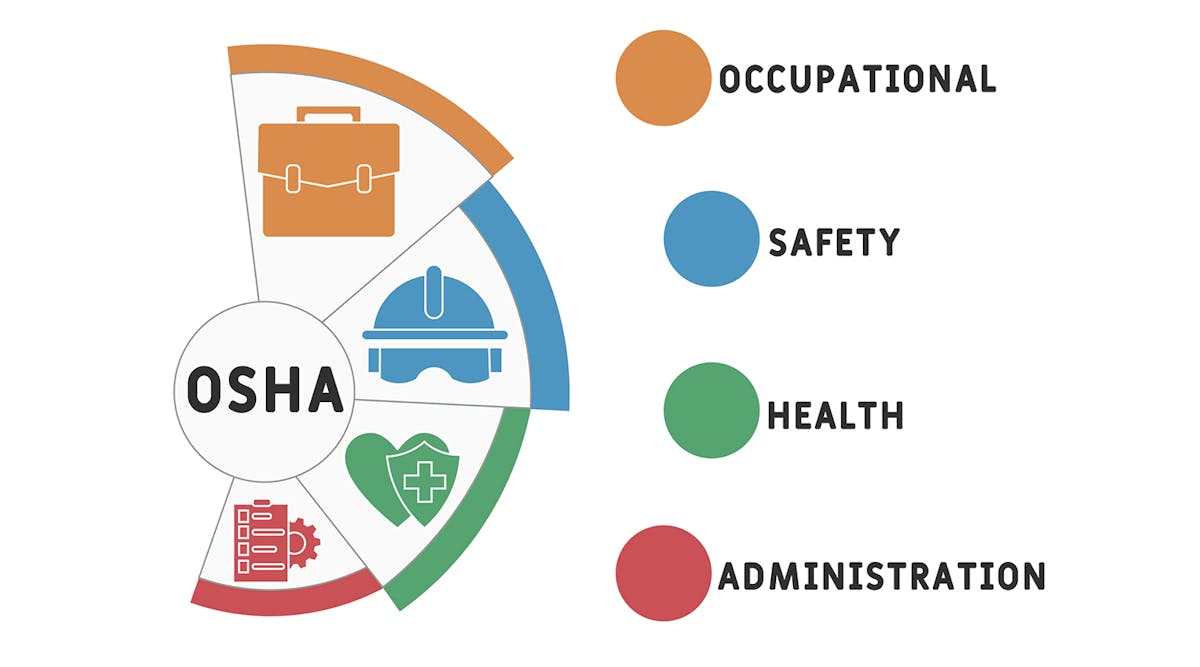A federal court decision has overturned the Affordable Care Act (ACA) provision requiring group healthcare plans to include a laundry list of preventive medicine programs and screenings without imposing any cost-sharing fees like deductibles, copays and coinsurance in situations where those services are delivered by an in-network provider.
The federal district court judge in Texas who made the decision to strike down this portion of the law in September 2022 also decided on March 30 to expand his ruling nationwide. As a result, the Biden administration chose to immediately mount a challenge to his decision in federal appeals court.
In spite of this, on April 13, the Departments of Labor (DOL), Health and Human Services (HHS), and the Treasury Department jointly issued a frequently asked questions (FAQ) document outlining how the court decision should be implemented in the meantime.
Although the administration eventually may win its court appeal and Congress could take action to clear up the confusion, attorneys Caleb Barron and Allison Richter of the law firm of Bradley Arant Boult Cummings warn that employers and plan supervisors need to adhere to the decision for at least the foreseeable future.
“For now, the ruling is in force across the country and technically allows plan sponsors and insurers to impose cost-sharing with respect to preventive services affected by the ruling,” they say. “However, due to the significant operational, written plan design, and communications hurdles to altering course, and the practical and legal constraints on timing, near-term changes are unlikely.”
Services covered by the court decision include alcohol misuse screening and counseling, aspirin use to prevent cardiovascular disease and colorectal cancer, and screening for lung cancer, Type 2 diabetes, blood pressure, hypertension, tuberculosis, cholesterol, colorectal cancer, chlamydia, depression, gonorrhea, syphilis, HIV (with some exceptions), and possibly screening for hepatitis B and C.
Under the ACA (aka Obamacare), group health plans and insurers were required to provide certain preventive services without imposing any cost-sharing (deductibles, copays and coinsurance) when the services are delivered by an in-network provider. Those services were defined and listed by an ad hoc group called the United States Preventive Services Task Force (USPSTF).
In the end, the activities of the USPSTF were found by the Texas federal district court judge to have gone beyond what it was legally allowed to do.
According to Caroline Pieper, an attorney with the Seyfarth Shaw law firm, the FAQ developed jointly by the federal departments confirmed:
· The court decision vacated any and all prior actions (and enjoined all future actions) taken by the agencies to implement and enforce preventive care coverage requirements in response to recommendations made by the USPSTF after March 23, 2010.
· Plans and issuers must continue to cover, without cost sharing, items and services recommended by the USPSTF before March 23, 2010. The agencies said they plan to issue additional guidance relating to any recommendations issued by the USPSTF prior to March 23, 2010, but subsequently revised after March 23, 2010. As a result, plans and issuers are strongly encouraged, but not required, to continue to cover preventive care with an “A” or “B” rating recommended by the USPSTF after March 23, 2010.
· Plans and issuers must continue to cover, without cost sharing, preventive care items and services recommended by the Advisory Committee on Immunization Practices (e.g., common vaccinations) and the Health Resources and Services Administration (e.g., vision screening, well-baby visits, mammograms, etc.), even if those same preventive care items and services were recommended with an “A” or “B” rating by the USPSTF.
· High deductible health plans may continue to provide coverage for preventive care items and services with an “A” or “B” rating recommended by the USPSTF before individuals satisfy the minimum annual deductible required under the Internal Revenue Code.
Pieper stressed that plans making changes to their coverage as a result of the court action must comply with applicable notice requirements under both the ACA and Employee Retirement Income Security Act (ERISA),
Making matters more confusing for employers and plan supervisors is that there are other lists of preventive services that come under the ACA but are excluded from the court ruling, point out Barron and Richter. Although services that were designated exclusively by the USPSTF are impacted, those that were delineated by the Advisory Committee on Immunization Practices of the Centers for Disease Control and Prevention (CDC) and the Health Resources and Services Administration (HRSA) still stand.
“Some preventive services appear on both lists because there is overlap between the recommendations and guidelines issued by USPSTF and HRSA,” note Barron and Richter “Thus, if a preventive service is affected by the ruling because it was recommended by USPSTF, it may still be a covered preventive service to an extent if it is also recommended by HRSA.”
For example, USPSTF recommends HIV screenings for adults aged 15 to 65, and HRSA recommends HIV screenings for women aged 15 and older under its guidelines for women and for men and women aged 15 to 21 under its guidelines for adolescents.
“The net result under the ruling appears to be that HIV screenings for women aged 15 and older and men aged 15 to 21 remain a covered preventive service, whereas HIV screenings for men over the age of 21 are no longer a covered preventive service,” the attorneys explain.
Similar confusion exists over some of the other services that are supposed to be affected by the Texas court decision. Those services that do not appear to be affected include all immunizations, contraception, and sexually transmitted infections screenings.























































